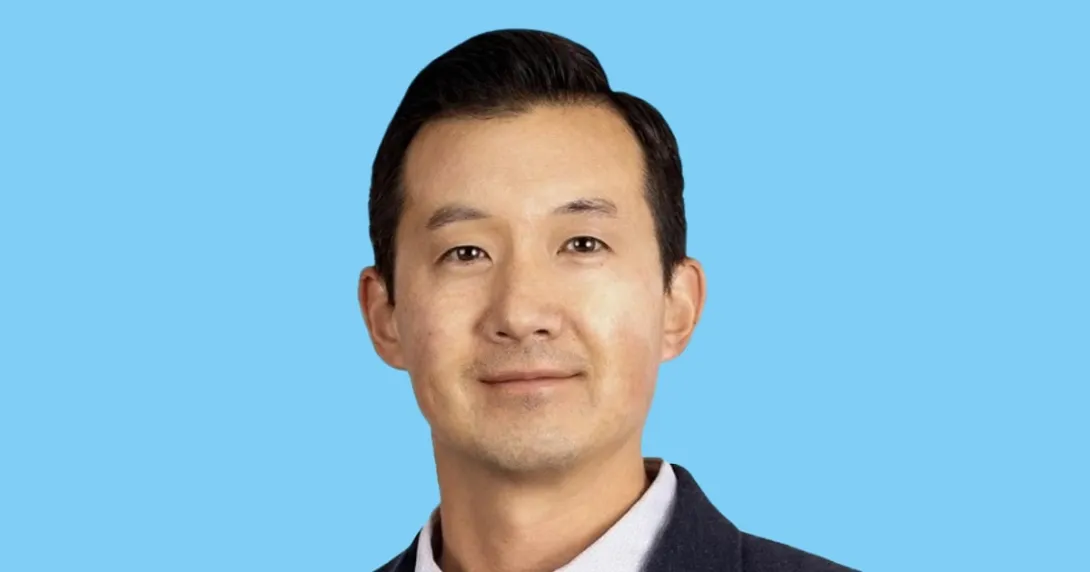
Suki, a company that offers an AI-backed voice tool for healthcare, has hired its first-ever chief medical officer, Dr. Kevin Wong, who formerly held the position of chief medical officer at healthcare navigation platform Apree Health.
The company's offering, Suki Assistant, is an AI-enabled voice tool that generates notes, does dictation, recommends codes and answers clinicians' questions. The offering can be used with EMRs to copy clinical notes into the EHR.
Dr. Wong sat down with MobiHealthNews to discuss his plans for Suki and where he sees the company driving change in healthcare moving forward.
MobiHealthNews: You are the first-ever chief medical officer for Suki. What are your plans for the company?
Dr. Kevin Wong: I am indeed the first. Lots! A lot of what brought me to Suki is that it is full of opportunities for the future of AI tech as a platform. I think a lot of it is from the types of partners we have, and a lot of my excitement is for the product capabilities we already have.
And so, I really want Suki to be able to make a big dent in being able to be, not only kind of ambient, seamless, behind the scenes for providers, but I think we can expand the reach of providers today – new types of providers beyond physicians.
I think we can expand into new types of clinical capabilities and clinical outcomes, and I want to maintain Suki's current stance on quality and performance all the way through. So, I've got lots of big plans and lots of excitement coming in here.
MHN: And how is your experience at Apree Health going to help shape the way you approach Suki? They're totally different companies.
Dr. Wong: Yeah, totally different companies. I mean, maybe the Venn diagram overlaps in the fact that Apree as a medical group in parallel to the CareMore, you know, ex CareMore assets of Carelon Health plus Millennium Physician Group, sort of represent the ideal Suki end user. You know, a single EMR instance and that EMR is embedded technology just like Suki.
I think a lot of what I plan to bring, that is a carryover, is knowing a lot of the pain points that hit the providers' plates. And sometimes that's administrative time communicating with a payer. Sometimes, that is one type of provider consulting another, like a primary care to a specialist. Sometimes, it's one venue, like ED [emergency department] communicating with inpatient or ED communicating back to ambulatory. And, of course, Suki was born out of the communication between the provider and the patient. So, I hope to keep those things.
To give you more of a technical answer, Apree Health is the combination of a medical group plus a digital health company, Castlight. And so, I also hope to preserve that feeling of, how do you tech-enable value?
And so, I spent many years at Apree trying to turn the digital health technology to something very useful for providers, and I hope to continue to keep that kind of MO at Suki. But, of course, Suki being in the full AI tech platform space will have a much farther and, I think, deeper reach because it covers so much more ground than a provider group could.
MHN: What do you think you bring to the table that maybe Suki has not already had within their workforce?
Dr. Wong: I was telling my team this the other day: like, on paper I trained in computational biology and bioinformatics. That was in the late '90s. I trained on paper. If anyone says they have, like, the classic 20 years' experience in AI, I tell people you should run for the hills because that does not exist. I think one version of my answer is, hey, the future is hard to tell.
The part that I definitely can answer is I have been talking to reporters and other folks in the industry, and someone was saying he thinks there's hundreds of ambient AI documentation solutions out there. And I said, "hey, you might be right." I mean, if you get your hands on an LLM and you have a couple weeks of free time, you can say you have one, and you would not be wrong or lying. I think Suki really has to pivot into the true meaning of clinical excellence.
A lot of these solutions create their own value proposition and stick with it. "Hey, we save time." "Hey, we save documentation." "Hey, we save coding." And they are kind of biting at snippets, but I believe over a multiyear period, there is going to be a confluence of these kinds of players, and what will emerge are those that are not just a commodity for documentation. I think we have to do that.
I think it is much more, what more can you do with true ambient technology? What more can you do with, in some ways, LLM-agnostic technology that you can pump with your own logic? I think those are things where Suki has evolved over time. Luckily, Suki has had a head start. But I think you'll see and hear a lot more of these pivots into clinical outcomes, different areas that maybe we would not have started with had we stayed just in kind of the dictation space.
When I first trained, a single hospital, not a hospital system but a single hospital, would have an EHR for the clinic, an EHR for the ED, an EHR for inpatient, a separate electronic bed board. The list goes on and on, and look now, there are probably three big players. You could squint and see the fourth. Why? It's because those that have a platform that enables growth are better than a point solution that solves one problem because that problem will be solved and another will balloon. And it's hard to anticipate that unless you kind of create a platform that thinks about these things ahead of time.

